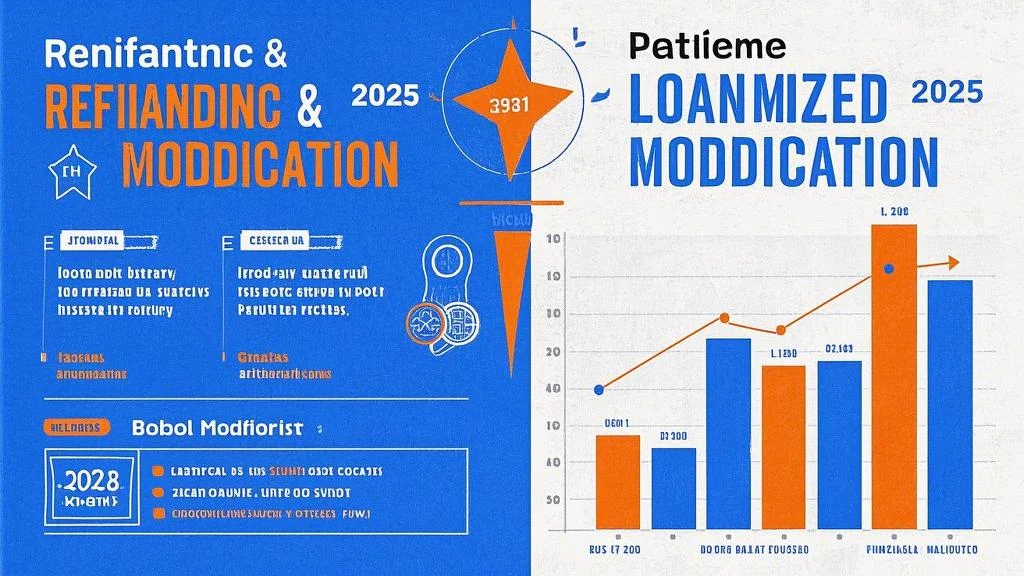Understanding the Importance of Choosing the Right Buyer
When you decide to sell your structured settlement or annuity, you’re essentially converting a future stream of payments into immediate cash. While this can provide much-needed financial relief, the decision to sell doesn’t come without risks. One of the most critical aspects of the process is selecting the right buyer—one who is reputable, financially stable, and transparent in their dealings.

A structured settlement is a legally binding agreement that provides periodic payments to the recipient, often as part of a legal settlement or insurance claim. Selling this asset means transferring the rights to those payments to a third party. However, not all buyers are created equal. Some may offer tempting upfront cash offers but lack the financial backing to fulfill their obligations. Others may have a history of unethical business practices, leaving sellers with unresolved issues or unmet expectations.
To avoid such pitfalls, it’s essential to research and evaluate potential buyers carefully. Here are some key factors to consider when choosing the right buyer:
Experience and Reputation
Look for a buyer with a proven track record in the industry. A reputable buyer will have a strong presence in the market, with a history of successfully purchasing and managing structured settlements. Reviews, testimonials, and ratings from previous clients can provide valuable insights into their reliability and customer service.
Regulatory Compliance
Ensure that the buyer operates in full compliance with all state and federal regulations. Legitimate buyers will have the necessary licenses and certifications to conduct structured settlement transactions. You can verify this by checking with your state’s Department of Insurance or financial regulatory agency.
Financial Stability
The buyer should be financially stable enough to pay you the agreed amount in a timely manner. Request financial statements, such as a balance sheet or profit and loss statement, to assess their ability to fulfill their obligations. A financially stable buyer is less likely to encounter difficulties meeting their payment terms.
Transparent Process
A trustworthy buyer will be transparent about their process, including how they value your settlement, the fees involved, and the timeline for payment. Avoid any buyer who is vague or unclear about these details. A transparent process ensures that you understand the terms of the sale and feel confident in your decision.
By prioritizing these factors, you can narrow down your options and identify a buyer who aligns with your goals and expectations.
Additional Strategies for Evaluating Potential Buyers
Once you’ve narrowed down your list of potential buyers, it’s time to dig deeper and ensure that they are the right fit for your needs. Here are some additional strategies to help you make an informed decision:
Evaluate Market Positioning
Consider the buyer’s position in the market. Are they a well-known and established company, or are they a new or small operation? While smaller companies may offer competitive rates, they may lack the resources to handle large or complex settlements. On the other hand, larger, more established buyers may offer more predictable terms and have greater financial backing.
Assess Customer Service
The quality of customer service can be a strong indicator of a buyer’s reliability. A buyer who is responsive, attentive, and willing to answer your questions is more likely to provide a smooth and hassle-free transaction. Take note of how promptly they reply to your inquiries and how they handle any concerns you may have.
Compare Offers
It’s important to compare offers from multiple buyers to ensure you’re getting the best possible deal. While some buyers may offer higher upfront cash, others may provide better terms or fewer hidden fees. Take the time to evaluate the total value of each offer, including any discounts or incentives, to determine which one offers the greatest long-term benefit.
Check References
Don’t hesitate to ask for references from previous clients. Speaking with individuals who have worked with the buyer can provide valuable insights into their professionalism, communication style, and ability to deliver results. Be sure to ask specific questions about their experience, such as whether the buyer met their payment deadlines and how they handled any issues that arose during the transaction.
Conduct Due Diligence
Before finalizing the sale, conduct thorough due diligence to ensure that the buyer is legitimate and capable of fulfilling their obligations. This may include verifying their business credentials, checking for any unresolved lawsuits or complaints, and reviewing their financial health. While this step may take some time, it can save you from potential headaches down the line.
Work with Professionals
Consider working with a structured settlement consultant or attorney who specializes in these types of transactions. A professional can guide you through the process, help you evaluate potential buyers, and ensure that your rights are protected. Their expertise can be invaluable in making the right decision and avoiding unnecessary risks.
By following these strategies, you can confidently choose a buyer who not only meets your immediate needs but also provides a fair and ethical transaction. Remember, the right buyer is one who prioritizes your best interests and operates with integrity and transparency.
In conclusion, selling a structured settlement is a significant decision that requires careful thought and research. By focusing on the buyer’s experience, reputation, financial stability, and transparency, you can identify a trustworthy partner who will help you achieve your financial goals. Take the time to evaluate your options, compare offers, and conduct thorough due diligence to ensure a smooth and successful transaction. With the right buyer by your side, you can secure the future you’ve worked so hard to build.